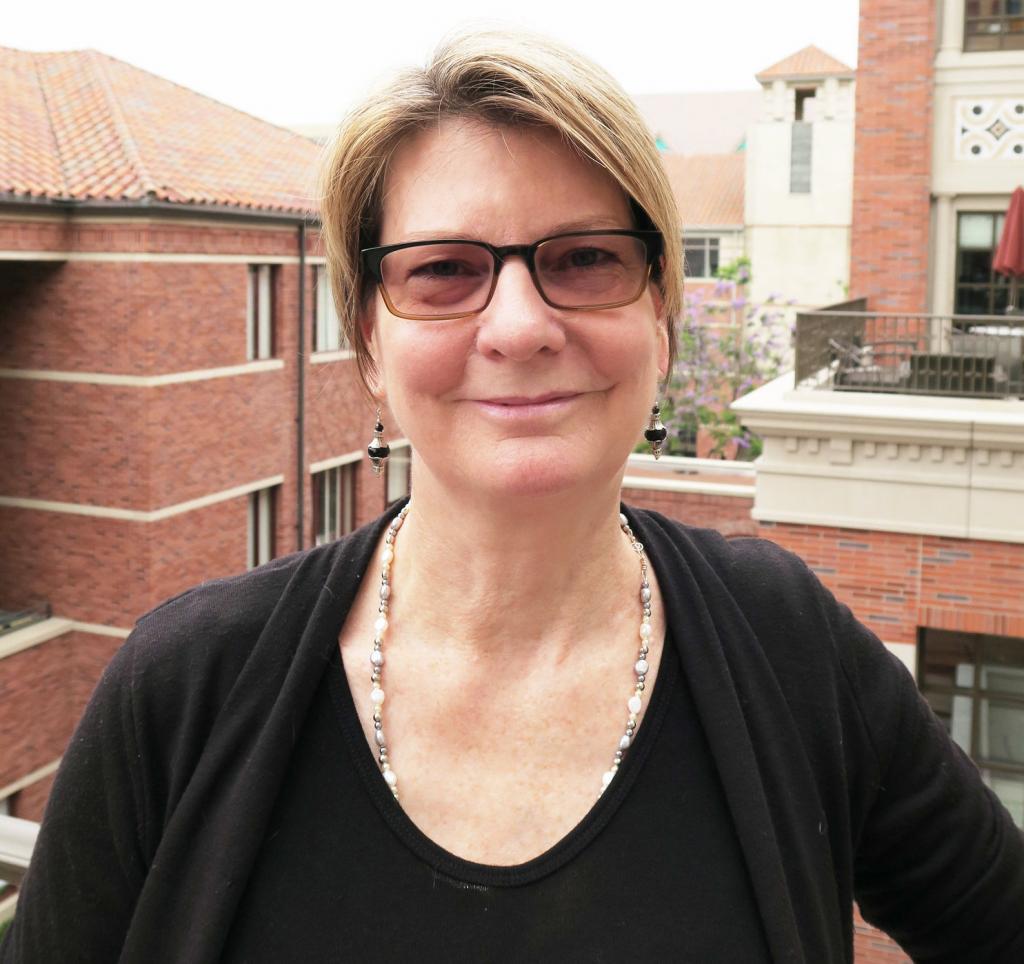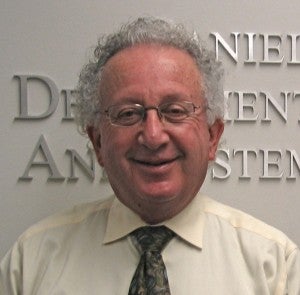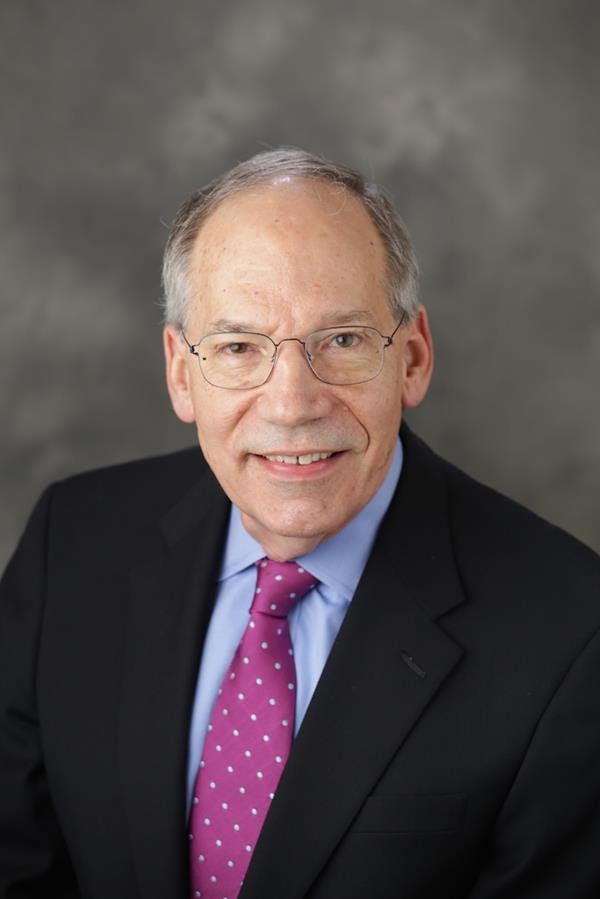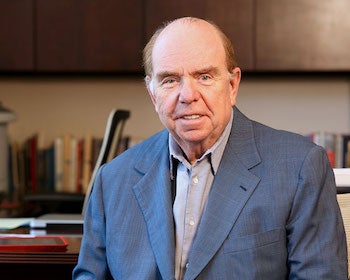“What we have here is a perfect political storm that feeds the potential for a blue wave in November. This includes the handling of the virus itself; fears about the loss both of protections for preexisting conditions and health coverage in general — which powered Democratic victory in the midterms; and the adroit way in which the Democrats have positioned a Supreme Court nomination that the GOP thought might help the party rebound as a clear and present danger to the Affordable Care Act, which the court will rule on this term.”
 “Health care is on the short list of top issues for all voters in this election and is not a partisan concern. Independents, low-income voters and voters of color are all more likely than others to say they are basing their vote on the issue of health care. Many in these groups took the hardest economic hit from the pandemic: Low-income and non-white participants in our COVID-19 tracking survey lost jobs at a higher rate than whites, and those with lower household incomes are three times as likely as people who are more affluent to say they don’t have any type of health insurance at all at this time.
“Health care is on the short list of top issues for all voters in this election and is not a partisan concern. Independents, low-income voters and voters of color are all more likely than others to say they are basing their vote on the issue of health care. Many in these groups took the hardest economic hit from the pandemic: Low-income and non-white participants in our COVID-19 tracking survey lost jobs at a higher rate than whites, and those with lower household incomes are three times as likely as people who are more affluent to say they don’t have any type of health insurance at all at this time.
“Voters who say health care is their top priority favor Biden by 16 percentage points as the candidate who they trust to handle the issue. ”
Jill Darling is survey director for the USC Dornsife Daybreak Poll, which is conducted by the Center for Economic and Social Research at the USC Dornsife College of Letters, Arts and Sciences through their probability-based internet panel, the Understanding America Study.
Contact: jilldarl@usc.edu
Who should get the first vaccines?

“Once safe and effective COVID-19 vaccines are available, tough choices will need to be made about who gets the first shots. After taking care of essential workers, vaccinations should be given to the biggest transmitters of the virus — mostly the young — and only then to the most vulnerable.
“One of the lessons from past pandemics is that vaccinating the likely asymptomatic spreaders early can avert multiple infections with others. Very few of the COVID-19 ‘superspreaders’ are elderly. It is the younger people who have a much greater propensity to resume social lives at schools and in other venues.
“With or without a vaccine, the best strategy for older Americans, especially those with underlying medical conditions, is avoiding contact with potential carriers. Optimally, older people will drive down deaths by staying home in large numbers, and younger people will drive down infections by getting vaccinated in even larger numbers. It all works if the vaccine is effective and enough people take it.”
Dana Goldman is interim dean at the USC Price School of Public Policy, holds the Leonard D. Schaeffer Director’s Chair at the USC Schaeffer Center, and is a Distinguished Professor of Public Policy, Pharmacy, and Economics at USC. His comments are excerpted from a piece he co-authored with USC Professor David Conti and Johns Hopkins University Professor Matthew Kahn for The Conversation.
Contact: dana.goldman@usc.edu
Pandemic exposes racial disparities and skepticism about vaccine use
 “It is widely recognized, and concerning, that political orientation is driving so much of the discussion about how to address the COVID-19 pandemic. It’s less recognized, and perhaps even more important, that the pandemic has collided with other long-standing problems to form an almost perfect storm.
“It is widely recognized, and concerning, that political orientation is driving so much of the discussion about how to address the COVID-19 pandemic. It’s less recognized, and perhaps even more important, that the pandemic has collided with other long-standing problems to form an almost perfect storm.
“First, we have very, very substantial racial and ethnic disparities in health in this country. Second, among Americans as a whole, there is growing skepticism about vaccines of all kinds. Our survey suggests that African Americans would be particularly hesitant to use a COVID-19 vaccine. Such hesitancy could be explained at least in part by the mistrust that this community has developed toward the American medical system, with ample reason.”
John Romley is an associate professor at the USC Price School and and a senior fellow at the USC Schaeffer Center. His research focuses on health care quality and costs, hospital markets and pharmaceutical policy and economics. Romley recently co-authored a piece about the growing public health challenge of vaccine “hesitancy,” particularly among African Americans.
Contact: romley@price.usc.edu
With or without a pandemic, solving surprise medical bills should be a priority
 “Before the COVID-19 pandemic hit, solving surprise medical bills was of the key health care issues on Congress’ agenda. Patients can receive these bills when they are inadvertently or unexpectedly treated by an out-of-network physician or other provider that they did not choose. This happens about 1 in every 5 times a commercially insured patient goes to the emergency room, and about 1 in every 10 times they have an elective procedure.
“Before the COVID-19 pandemic hit, solving surprise medical bills was of the key health care issues on Congress’ agenda. Patients can receive these bills when they are inadvertently or unexpectedly treated by an out-of-network physician or other provider that they did not choose. This happens about 1 in every 5 times a commercially insured patient goes to the emergency room, and about 1 in every 10 times they have an elective procedure.
“Surprise medicals bills represent a breakdown in the functioning of health care markets. They are unfair and can be very costly to patients who receive them. But they also allow certain types of health care providers to charge higher prices, which raises costs for everyone. While recent actions have attempted to protect COVID-19 patients from receiving surprise bills, broader action is needed to solve this problem once and for all.
“It’s important for Congress to take this opportunity not only to protect patients but to enact policy that improves rather than exacerbates these market failures.”
Erin Trish is associate director of the USC Schaeffer Center, an assistant professor of pharmaceutical and health economics at the USC School of Pharmacy and a scholar with the USC-Brookings Schaeffer Initiative for Health Policy.
Contact: etrish@healthpolicy.usc.edu
Financial incentives for good health care could be lost with repeal of Obamacare
 “The Affordable Care Act instituted a number of new rules to encourage doctors and hospitals to provide better value and penalized those with poor service. Because of the ACA, hospitals must be sure that patients are ready to be discharged, because if the patient returns too soon the hospital is responsible for the bill. Also, hospitals now must measure patient satisfaction and if they rank lower than similar hospitals the hospital is paid less. Thus, there are financial incentives to provide good service.
“The Affordable Care Act instituted a number of new rules to encourage doctors and hospitals to provide better value and penalized those with poor service. Because of the ACA, hospitals must be sure that patients are ready to be discharged, because if the patient returns too soon the hospital is responsible for the bill. Also, hospitals now must measure patient satisfaction and if they rank lower than similar hospitals the hospital is paid less. Thus, there are financial incentives to provide good service.
“Such incentives regarding readmission and patient satisfaction make sense and it would be a big step backward if these were lost with the repeal of the ACA.”
David Belson is a lecturer of Industrial and Systems Engineering at the USC Viterbi School of Engineering. His expertise is in health care process improvement projects involving surgery, radiology, and overall hospital and clinic operations.
Contact: belson@usc.edu
Image: iStock










